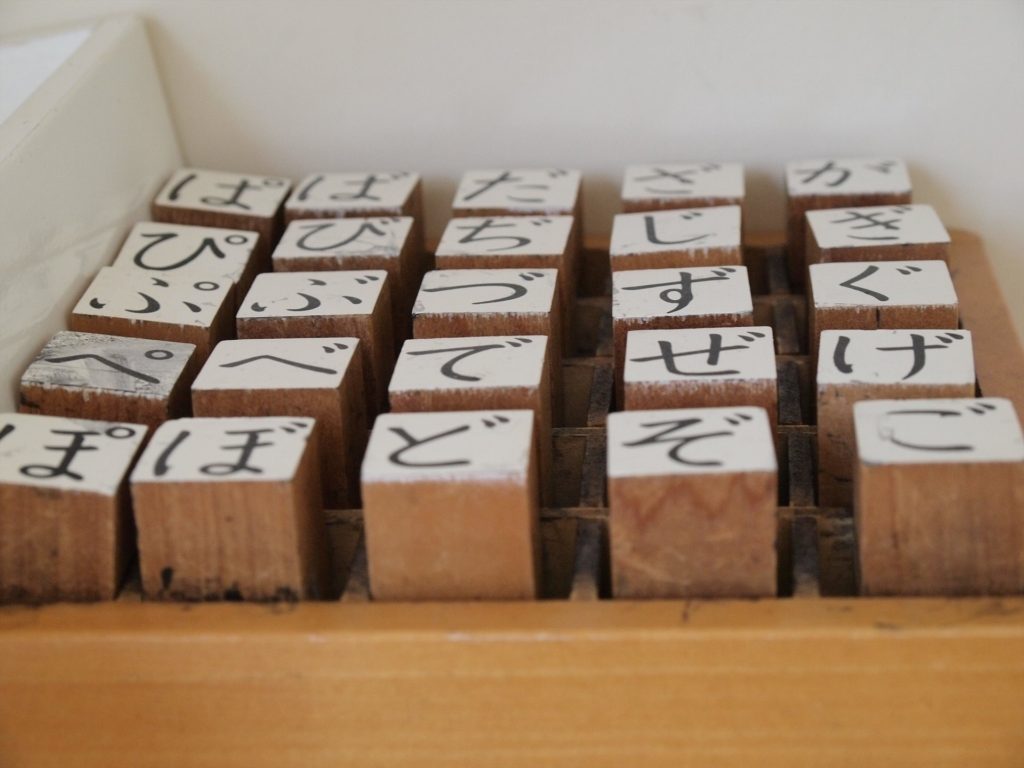
As students finally get settled into the new school year, they are able to look back on all of the events and achievements made last school year at Towsned Harris. For the Japanese program at THHS, last year was a notable time for the Japan Bowl Team.
On April 11 and 12, for the first time in THHS history, all participating teams placed in the top three ranks at this year’s National Japan Bowl, a national competition that tests student teams on their Japanese language proficiency in a quiz bowl format. This year, it was held in Washington, D.C., with students from all over the country competing.
Japanese teacher and team advisor Mariko Sato-Berger said, “We worked harder than any other year, this year. It was quite incredible to see THHS beating all the high-ranked schools who used to beat [us] all the time.”
Level 3 team members, seniors Bethany Leung, Hansie Wang, and Nina Zheng won third place. “Japan Bowl’s always really stressful, and I feel like it was even worse this year with the [competition’s] new administration and the rearranging of the topics for the Tokyo 2020 Olympics,” said Bethany. “I found myself wondering ‘what if the questions are completely different?’ or ‘what if they’ll ask us to name this political party in Japanese?’ so I felt like studying was never really enough or right.”
The level 4 team members, Class of 2019 alumni Seoyoung Lee, Eileen Wu, and Fanny Yin won second place. Consequently, the 4th year team was invited to visit Japan on a full scholarship by the Japanese government this summer.
Eileen explained that the students started preparing right after the previous 26th Japan Bowl ended in April 2018. “We started finalizing the participants for each level around that time so that when summer began, we would know what to work on. For example, studying the language, kanji [adopted Chinese characters used in Japanese writing], etc,” she said.
The Japan Bowl results weren’t the only success within the Japanese department, however. Last school year, senior Rachel Zheng won an award in the Stony Brook University Canon Essay Contest, receiving $500 and a Canon camera. Rachel’s essay, “Japanese: A Personal Duty,” explained her sense of determination to overcome the unfortunate history between China and Japan. “My essay focused on exploring the origins of Japanese and Chinese tensions and what I think the future should hold for the two countries. But it goes beyond just this to explore how I believe it is a duty for everybody to become educated enough to make their own decisions to advance not only oneself, but ultimately society,” Rachel said.
“My great-grandfather lived through the War of 1937 between China and Japan and the Rape of Nanking. My grandfather always reminded me throughout my childhood how Japanese people were ‘bad’,” she mentioned. “ I understood his feelings…but, in the end, I chose to pursue an interest of mine: Japanese culture… [the essay] was finally a chance for me to express my feelings after spending 3 years in the Japanese program.”
In a Japanese Speech Contest put together by the NECTJ, a non-profit organization dedicated to improving Japanese language learning, Seoyoung, Eileen, and Dylan Fromm, who is also a Class of 2019 alum, received finalists’ awards. In addition, Dylan won second place, and competed nationally in California in May.
Amongst the people who have made these achievements, some of these accomplishments came as a surprise. “When our level was placed into the championships, it was honestly a surprise considering how much we had gotten wrong from our calculations,” Eileen commented. “However, being placed into the championships after being placed 4th and 6th respectively for 2017 and 2018, we finally did it during our senior year. And honestly, I have to thank Dr. Sato and my two other teammates… for that.”
For many participants, these competitions have been very valuable experiences. In regards to that, Rachel expressed her thoughts on winning an award for her essay, “In these three years, my interest in Japanese culture has not dwindled, but rather increased as I see the uniqueness of it.” Eileen added, “Of course, we aren’t natives so expressing our thoughts clearly and to the point proved difficult… Honestly, it was nerve-wracking but it was definitely a good opportunity to speak in front of a large audience.”
“[My] award serves as a confirmation to me that we do not have to be copies of our ancestors, but rather we must keep an open mind to differing opinions,” Rachel said. “It’s a great honor to have won the award and to have been able to read my essay in front of such prominent members of the Japanese community.”



























